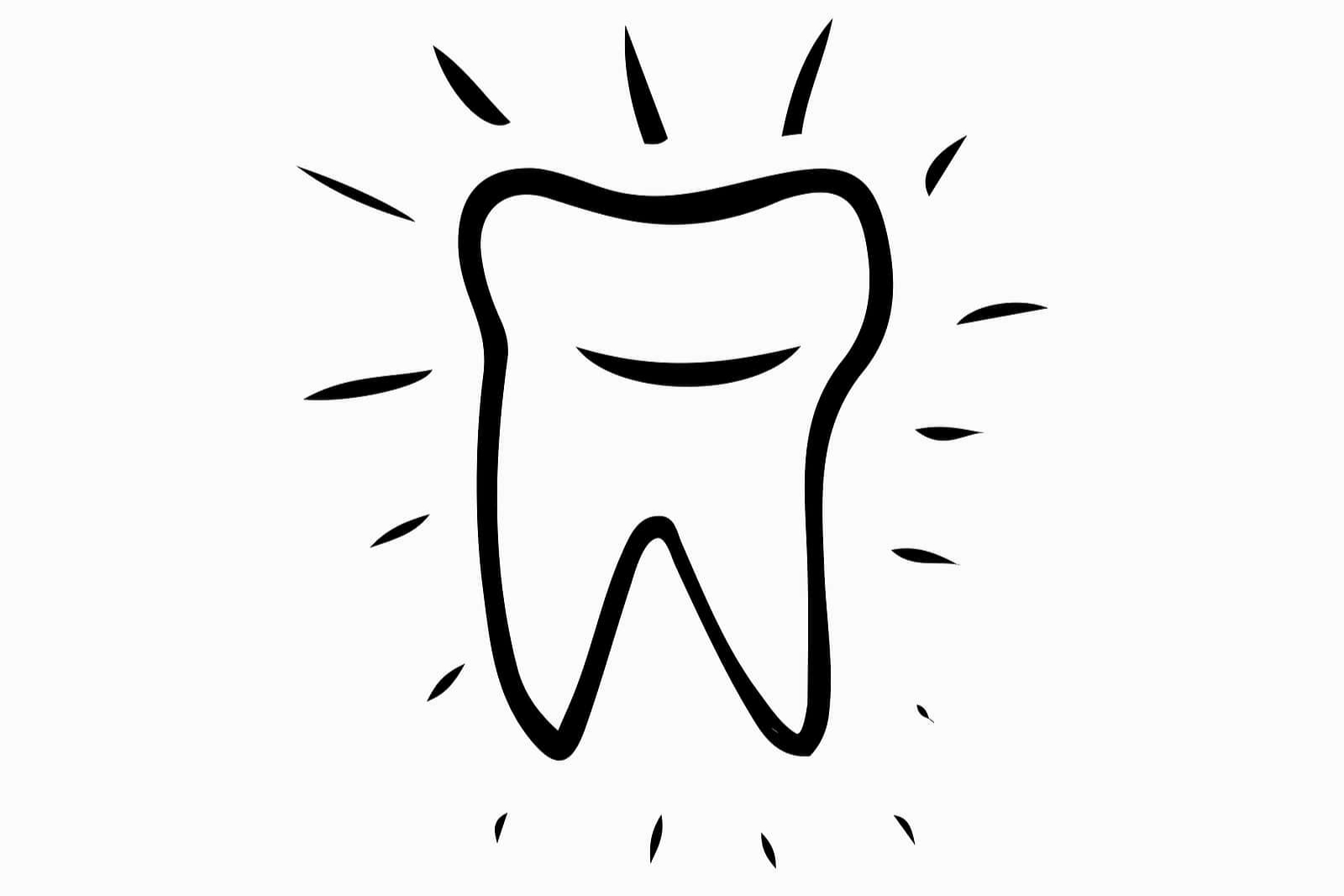There are several causes of dental abscesses, one of which is an impacted tooth. We’re going to explain what an impacted tooth is, how this condition is usually treated and why it might cause a dental abscess to develop.
However, it’s important that you visit a dentist who can assess your mouth and work out what’s going on. If you’re in pain in the meantime, you may be able to buy amoxicillin antibiotics online while you wait for a dental appointment.
What is an impacted tooth?
Very simply, an impacted tooth is one that can’t break through your gum properly. There are two kinds of impacted teeth – partially impacted and fully impacted.
In the case of a partially impacted tooth, some of it will break through the gum, but not all of it. This can often be the case with wisdom teeth and this is the most common type of tooth to be affected by impaction.
A fully impacted tooth is one that is prevented from breaking through your gum, usually by another tooth. This is more common if you have a small jaw, or if you lost your baby teeth earlier than normal. That’s because when you lose your milk teeth early, your adult teeth can grow into the space, blocking another tooth from emerging properly.
The angle of an impacted tooth can also affect how it’s treated and what you’ll need to do.
What is the treatment for an impacted tooth?
This really depends on what issues the tooth in question is causing for you personally and where it’s located in your mouth.
Your dentist might recommend that you have the impacted tooth removed. This is a common suggestion for wisdom teeth as you don’t need these to be able to chew properly, for example.
However, if one of your canines is impacted, you may need another solution that helps make space for the impacted tooth to grow and break through the gum as it should. This often involves surgery and then wearing braces, although it will vary from person to person.
Before making any decisions about which approach to take, your dentist will take dental X-rays to see what’s going on and get a full picture of how your teeth sit within your gums.
What complications can an impacted tooth cause?
Partially impacted teeth can be more difficult to clean both because they haven’t fully broken through the gum and often due to their location – at the back of the jaw if they are wisdom teeth. This makes them more susceptible to both tooth decay and plaque build up that can cause gum disease.
In some cases, food particles can become trapped in the impacted tooth, leading to tooth decay and an infection. If this kind of infection is left untreated, it could become more serious and cause a dental abscess.
This is when you develop an abscess either in the tooth itself or the surrounding gum as a result of the build up of pus that forms due to the infection. This can be very painful and will require dental treatment to remove the source of the infection.
In many cases, this will involve a root canal treatment, where the dentist drills into the site of the infection and clears away all of the infected material. Then, they will fill your tooth and you may need a crown, depending on how badly damaged your tooth is as a result of the infection.
Of course, in the case of impacted teeth the procedure may involve removing the tooth in question, as well as cleaning out the infection. You may also be prescribed a course of antibiotics to prevent the infection from coming back.
What should I do if I think one of my teeth is impacted?
If you suspect you have an impacted tooth, it’s important that you see a dentist as soon as possible. The earlier this kind of issue is caught, the easier it is to rectify and the less likely you are to develop any serious complications.
Of course, if you only notice an impacted tooth because you have developed some form of infection, you will still need help from a dental professional, but you may be able to purchase dental antibiotics online to help bring the infection under control while you’re waiting for an appointment.
If this is the situation you’re in, you can start your online consultation now to find out what is appropriate for your case and learn more about antibiotics like amoxicillin and how they may be able to help. It’s important to stress, however, that an online consultation is not a substitute for visiting your dentist.







